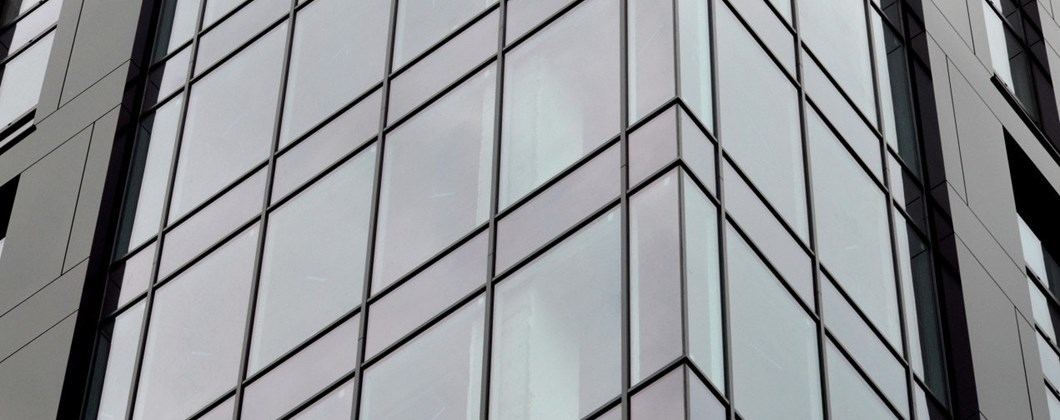Commercial Property Insurance After COVID

By Michael Boyd, Executive Director, ABL Group
The UK Property insurance market has been hardening over the last twelve months and the impact of Covid-19 is likely to see this trend continuing. Not only are rates/premiums increasing, but insurers are re-assessing their appetite/exposure in particular business sectors. Insurers have been declining new business submissions, and in some cases, refusing to offer renewal terms on existing policies. Insurers are also reducing their exposure by reducing the percentage of a risk that they are prepared to cover, when they would previously have been willing to write 100%.
As a result of the above, it is more important than ever for Brokers to obtain and present accurate and detailed information on risks, to ensure that the best response and result is produced from the market.
There are four main considerations for Property Underwriters, when deciding whether to write a risk and if so, at what terms, which can be summarized in the acronym C.O.P.E. – “Construction, Occupation, Protections and Environmental Exposures”.
1 – Construction
Insurers need to know as much detail as possible about a client’s buildings, including a description of their type, size, height and layout at a client’s site. It is particularly important to know the specification of any insulation material (insurers have re-focused attention on this following the Grenfell Tower fire). It is important for clients to liaise with Brokers when they are planning new buildings or when modifying existing structures to ensure that materials are selected after careful consideration of any insurance implications.
2 – Occupation
Brokers need to fully explain the uses of buildings at a client’s premises, including details of processes and machinery used, together with details of storage arrangements of raw materials, work-in-progress and finished goods.
3 – Protections
Insurers will be interested in both internal and external protections. Internal will include the layout and physical separations within a building, the provision of fire suppression systems, including fire/smoke detection equipment and automatic sprinkler systems (in certain facilities, sprinklers will be essential to obtain cover). In addition, individual production machines or production areas can be fitted with automatic fire suppression systems. Whilst such equipment can sometimes be retro-fitted, clients should attempt to incorporate them into any new projects if at all possible. Insurers will also expect premises to be provided with appropriate portable fire extinguishers, which will need to be maintained, with staff trained in their use.
External considerations might include details of protection to external storage vessels, such as oil and gas tanks. The proximity of ancillary buildings/equipment may also be considered and there are likely to be other site-specific factors.
4- Environmental Exposures
Points to consider might include the proximity of the premises to rivers or other bodies of water which could pose a flood risk (in recent years many insurers have become increasingly reluctant/unwilling to provide flood cover in many postcodes and clients might have to demonstrate that they have considered this risk). Insurers will also consider the proximity of the premises to neighbouring businesses/activities which might pose a risk to a client’s business. Underwriters may have concerns that a large incident at a neighbouring premises (such as a fire), could prevent a policyholder from accessing their business, as claims associated with such denial of access can be very significant.
At ABL, we provide a range of Risk Management Services, which can help to protect your staff, visitors and business and in some cases, reduce your premiums. We can also assist with Risk Assessments/Audits and with arranging/producing Risk Surveys to ensure that your business obtains the best possible value from the insurance market.
At this difficult time, many businesses have benefited from working with ABL, so please contact us for further assistance.
Email: Michael.boyd@ablinsurance.co.uk
Tel: 028 9099 3600

